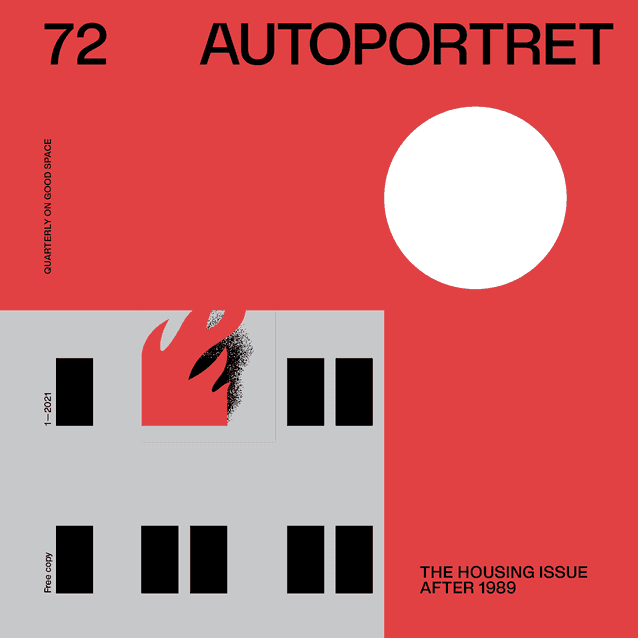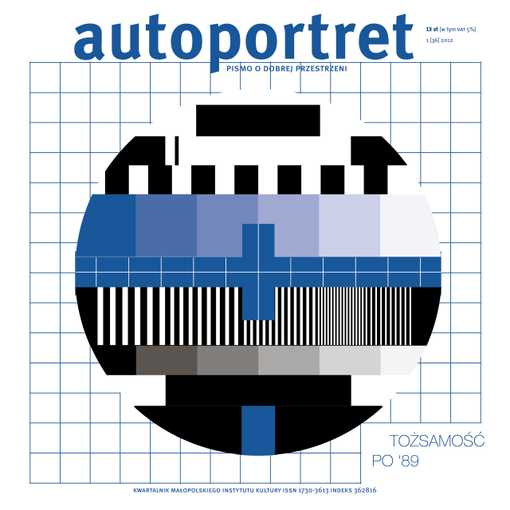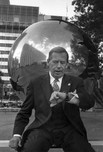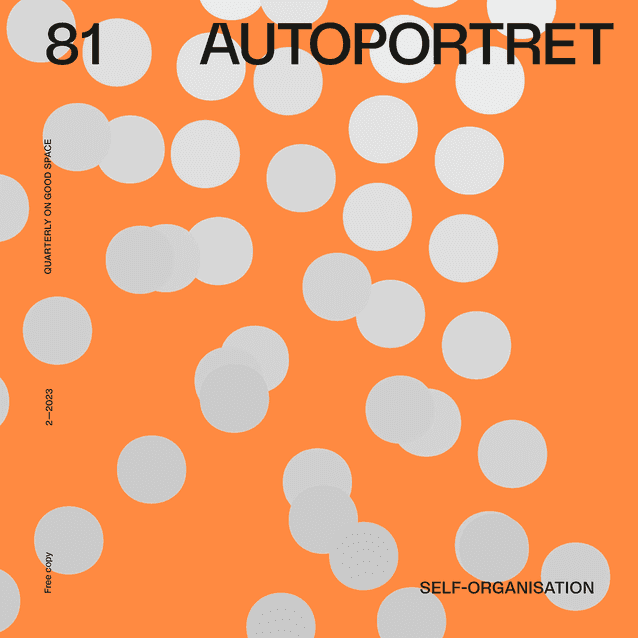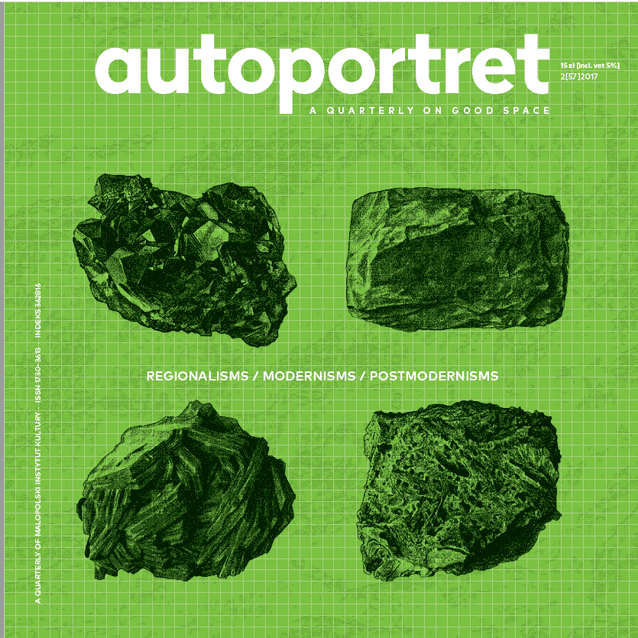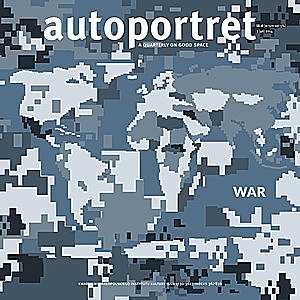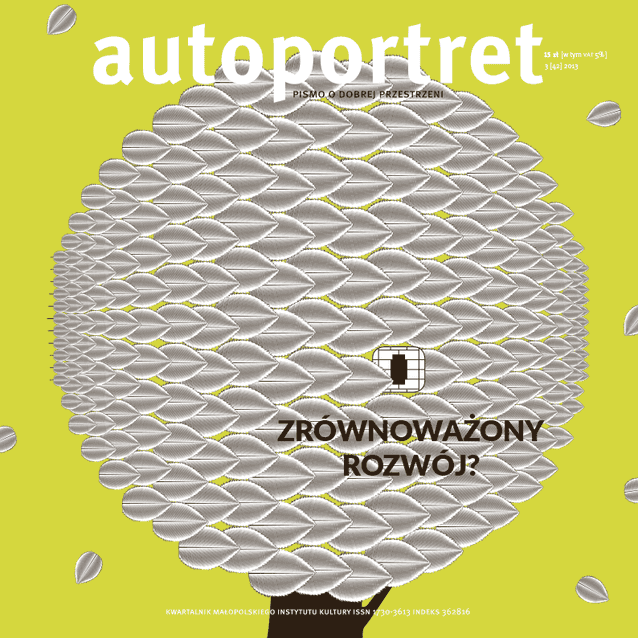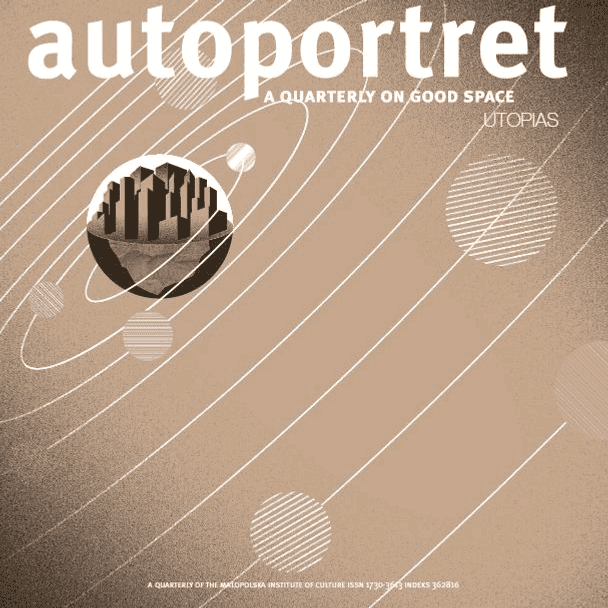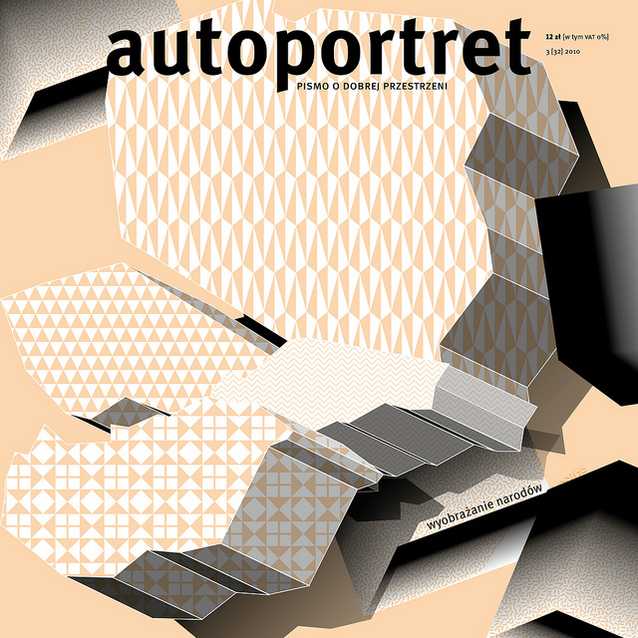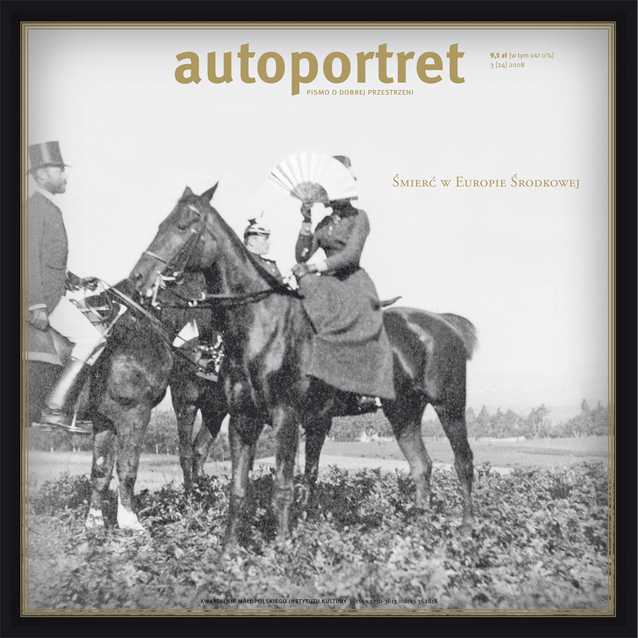Point of two decades on
“The natural inconvenience of democracy is the fact that democracy ties the hands of those who approach it in an honest way, while it allows those who don’t take it seriously to do almost everything.”
Václav Havel
I was lucky enough to visit Prague for the first time almost one year after the revolution. I call it luck not only because I managed to see Prague before the American invasion and the mass buyout of the Old Town; not only because I could walk across Charles Bridge at night and during the day without the need to squeeze through the crowds of frantic tourists; finally, not only because I managed to go to the Slavia café when it was still attended by actors, artists, writers and the elderly. But also and mostly because then, in 1990, there was something in the air, something I hadn’t known before and which was not repeated later on. It is impossible to describe it in a few sentences. You could sit on the Main Market Square for hours and watch everything that was happening there for free. They performed mime on improvised stages made of wooden planks, they played amateur jazz concerts, and they even let balloons up in the air. I particularly remember one September dusk when a balloon was hovering over the city. The movement of the people on the Main Market Square had something organic about it – it looked more like a natural phenomenon than human activity, just like bubbles forming on the surface of a mountain creek, or how after heavy rain suddenly out of nowhere a whole colony of mushrooms appears. It seemed that something was going to happen soon, something completely new, and that it would be an impeccably white sheet of paper on which those young people would write.
In reality my luck was even greater. In the following years, I was an eyewitness to the slow changes in at least several countries of the former Eastern Bloc. Yet with time, it became clear that not everything was the way I and my peers from the Czech Republic, Slovakia (in the meantime, the federation had disintegrated), Poland, Hungary, Russia, Ukraine, and Belarus had imagined. Not only because each of these countries naturally developed in a different way (this issue partially explores this subject); not only because Russia chose a different route from the Central Europe (which wasn’t so obvious to us in the early nineties); but also because the notional frames which we had used to define the horizons of our expectations turned out to be powerless, if not erroneous. I will only mention the two most likely ideas from that period which we had to abandon.
The first idea which was presented to us in the mass media almost as a kind of biological law (it was derived from the language of biology), and which later kept coming up in conversations with people was that the market is a homeostatic system, that is, a self-regulating system. At the time, nobody was questioning this. Nobody realised that this transfer had a function of a certain metaphor and that it had a relatively limited descriptive value. The unquestioned acceptance of this premise contributed to the fact that on both sides of the newly fallen Iron Curtain it was silently (but also loudly) assumed that, although different in each country, there would be a similar development towards democracy and the free market in the younger Europe. It was doubtful how to make the transition the least painful and most effective (is it better to do it faster and radically, or on the contrary, gradually and slowly?) Yeltsin’s Russia was compared to the USA of the 1930s. Yes – chaos, yes – crime and mafia, but they will overcome it and everything will be normal. It will be the way it is meant to be. Just like everywhere else.
I believed in the second idea in a particular way – naively and without reflection, I admit, but to justify myself – I wasn’t the only one. The conviction was more or less that the newly regained other half, the second lung of Europe, would infuse the old part with new life, that the West would share its experience, the East would add its energy, its belief in the future, its vitality – just like two equal parts of one whole. And even if, at the beginning, the Western investors become rife in the Eastern Europe, it is only necessary for the well-understood common good, so that the market, the self-regulating system flourishes. At the time, I associated the word “colonialism” with straw hats, Casablanca and Fascist architecture.
After twenty years, this great project seems – to put it mildly – to be undergoing a serious crisis. Clearly, the market isn’t a homeostatic system; Central Europe (now it is appropriate to refer to it in this way because the real Eastern Europe is behind another, this time glass, curtain) is not any equal partner, but a poor relative who, partially out of pity and more often for business reasons, is invited (and not always) to the table where the rich – who today are not so rich anymore – make decisions. Tsarism has returned to Russia, or even: a mixture of tsarism with communism.
In this context, a symbolic dimension is acquired by the departure of a man who embodied – perhaps as very few did – everything that this part of Europe could bring to the joint project – the president of a small nation, the poet, the dramatist, the thinker – the visionary. Here lies the crux of the problem: Václav Havel’s good manners, education and intelligence were his chief assets, but at the same time his weakest points, because – as he himself admitted during a public speech: “The natural inconvenience of democracy is the fact that democracy ties the hands of those who approach it in an honest way, while it allows those who don’t take it seriously to do almost everything.” To put it simply, between the honest and the dishonest, the latter usually wins.
My account has no punch-line. The aim of this issue is to attempt to look back at the previous two decades and think about what was good and what was worse in the last twenty years, to think if there is anything else that we can do because – again following Havel’s words – “Hope doesn’t mean that everything will be all right, but it implies a certainty that something makes sense regardless of the outcome.” Sometimes a sharp perspective is worth more than a hasty conclusion. The current issue also
brings many lights of hope. “You just have to look around to see them” (so said Václav Havel when receiving his honorary degree from the University of Bucharest in 1994).
Translated into English by Agata Masłowska
